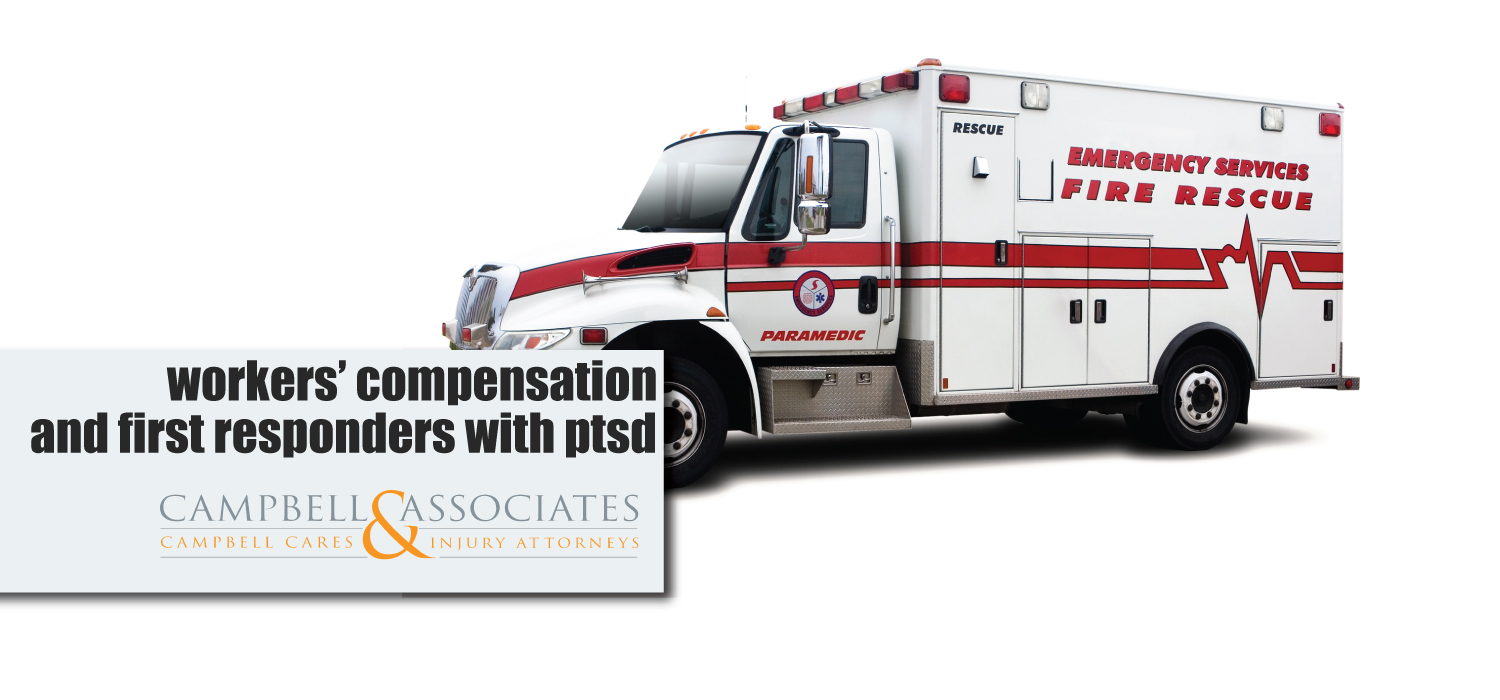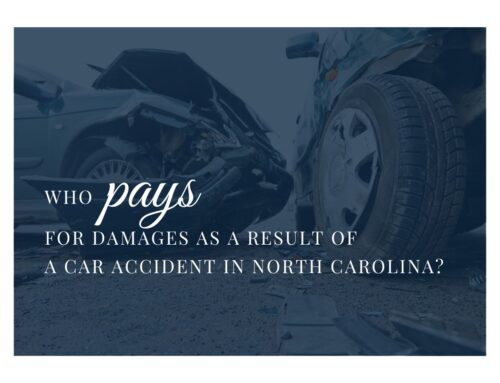NC Bill May Extend Workers’ Compensation Benefits to First Responders With PTSD

In North Carolina, a proposed bill introduced by Rep. Holly Grange, R-New Hanover, would entitle law enforcement officers, first responders and emergency management personnel to workers’ compensation benefits for Post-Traumatic Stress Disorder (PTSD).
An article from WSCOTV on this new legislation appears here.
H.B. 622 would extend benefits to first responders diagnosed with PTSD by a licensed psychiatrist. Those law enforcement officers, firefighters, volunteer firefighters, Emergency Medical Technicians, and paramedics who file within 52 weeks of a diagnosis would be able to receive benefits.
If passed, the bill would go into effect in July 2019.
Mental Health Statistics for First Responders
According to the University of Phoenix 2017 survey on first responder mental health and a study commissioned by the Ruderman Family Foundation, U.S. firefighters, police officers, EMT/paramedics and nurses reported negative mental health symptoms:
• 85 percent of first responders have experienced symptoms related to mental health issues
• A third of the respondents (34 percent) had received a formal mental health disorder diagnosis, like depression or PTSD
• Nearly 1 in 4 police officers has thoughts of suicide at some point in his or her life.
• More police die by suicide than in the line of duty. In 2017, there were an estimated 140 law enforcement suicides.
What Are the Symptoms of PTSD?
The National Institute of Mental Health report an array of PTSD symptoms:
• Re-experiencing Memories – A worker may repeatedly relive a traumatic accident or event through intrusive thoughts, flashbacks, nightmares or disturbing dreams.
• Avoidance – A worker with PTSD may avoid certain activities, places or people that remind him or her of the trauma.
• Changes in Reaction – PTSD may cause a worker to be easily startled, constantly tense, unable to sleep or quick to angry outbursts.
• Changes in Mood – An individual may forget details of the event, think negatively about himself or herself, detach from family and friends, lose interest in activities, or feel guilt and shame.
Some other problems closely associated with PTSD include panic disorders, alcoholism, depression, anxiety and even thoughts of suicide. In some instances, first responders lose the ability to perform their duties if on-the-job scenarios trigger traumatic memories.
Can NC Workers Currently Get Workers’ Comp for PTSD?
Simply because it’s difficult to collect benefits due to a serious psychological condition that developed as a result of your work doesn’t mean that it’s currently impossible.
Under current law, victims must be able to prove that a condition such as PTSD qualifies as a work-related disease or disorder under three required elements:
• The condition must be characteristic of the type of employment;
• Doing the job exposes the worker to a greater risk of developing the condition or disease than that of a member of the general public;
• There must be proof of a causal link between the job and the condition.
In other words, if you develop PTSD from the repeated anxiety or stress that accompanies your job as a paramedic, you wouldn’t be eligible for workers’ compensation under the current law. On the other hand, if you develop severe panic attacks and PTSD after witnessing a shooting, you might be able to qualify for benefits even if your actual physical injuries were minimal.
The nuances in the current law make it essential that specific details be made known to your mental health care provider. It’s particularly important that you relate your mental health problems back to an on-the job accident.
Support for the Bill
Advocates say PTSD in first responders is an occupational injury. Some municipalities and agencies, such as the Asheville and Charlotte Fire Departments, already provide firefighters with coverage for visits with mental health professionals and peer-support training.
A recent study at UNC-Asheville indicates 20 percent of firefighters from Asheville have reported behaviors consistent with PTSD.
What Help is Available?
As more information about PTSD becomes public knowledge, first responders are increasingly seeking psychiatric support, counseling, and peer mentoring. North Carolina law enforcement officers, firefighters and medical first responders who develop PTSD because of experiencing an accident, witnessing an act of violence or undergoing a traumatic event while performing job duties may be eligible for workers’ compensation benefits.
If you or a loved one is a first responder who may be affected by PTSD, contact a North Carolina personal injury lawyer at Campbell & Associates by calling 704-333-0885 or schedule a free consultation today.







